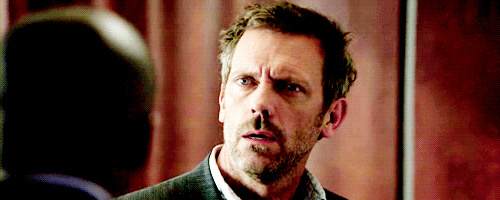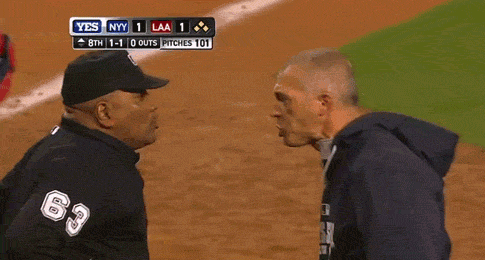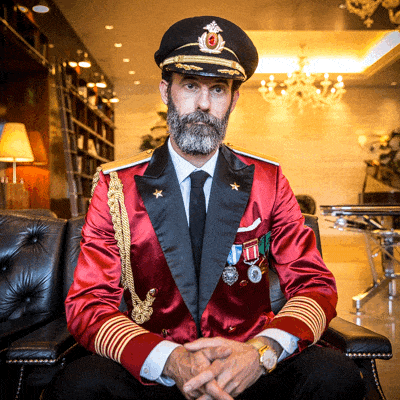Occupational licensing is the most extreme regulation the government applies to someone trying to enter a lawful field of labor. When the government agrees to license a profession, usually it’s with the message of “We’re doing it to protect the public!”

That has pretty much always been the story till now, but it doesn’t mean every occupational license has a legitimate public safety basis. Some licenses don’t even pass the laugh test. Remember when the North Carolina Board of Dental Examiners wanted to keep day spas and mall kiosks from offering inexpensive teeth-whitening services as licensed dentists were charging patients up to $1,300? The Supreme Court in 2015 essentially said

and then went further, removing state licensing boards’ expectation they were exempt from federal antitrust law. Which means that now states have to be more careful and circumspect with respect to licensing occupations. They certainly shouldn’t be more cavalier in creating new licenses.

Or think about hair braiders. Do you think North Carolinians are really endangered by practitioners of a skill learned by young girls, and the only way to alleviate this danger would to require them to log 300 training hours?

Of all the occupations that are licensed somewhere in the United States, only about 5 percent are licensed in every state. That means states seriously disagree over whether most occupations even need licensing for public safety at all. And even when states have licenses in common for particular occupations, they still disagree over how strictly they should be regulated.

Lately, however, several occupations seeking licenses aren’t arguing there’s a market failure leaving citizens in danger from unscrupulous, unsafe service providers. They’re not asking the state to license their profession primarily over public safety, health, or welfare. Instead, they’re pleading lawmakers to license them because “We need licensing to get medical insurance reimbursement.”

Here’s the thing: While medical reimbursement may be a significant obstacle for their industries, it is not a sufficient reason for an occupational license. Especially not in the post–NC Dental Board legal environment. It’s neither demonstrably necessary nor narrowly tailored to protect the public health, safety, or welfare. But as we have argued for years, policymakers don’t face a choice between occupational licensing or nothing. They have a whole menu of options that starts with market competition protected by the court system.

There’s even an option for medical insurance reimbursement, one that doesn’t require a new occupational license. It would be a special state credential — a specialty license for medical reimbursement— that wouldn’t involve disputes over scope of practice and wouldn’t preclude practitioners without that credential from practicing, just from qualifying for insurance reimbursement.

Speaking of hope, I hope that state policymakers will bring reform to North Carolina’s burdensome, outdated occupational licensing regime.

It’s well past time.


